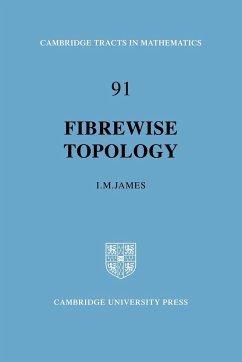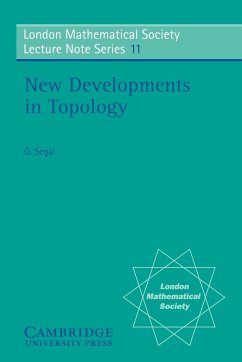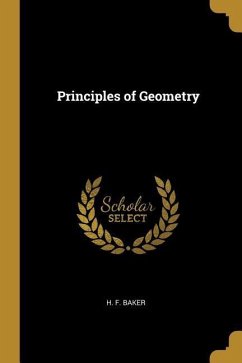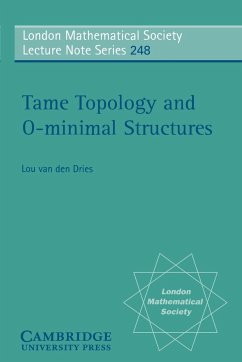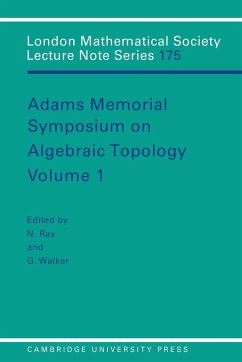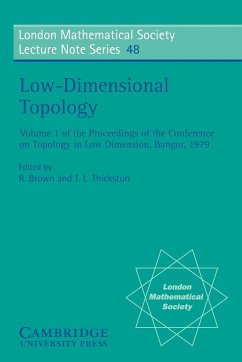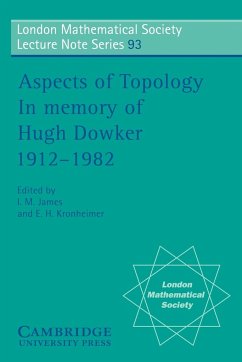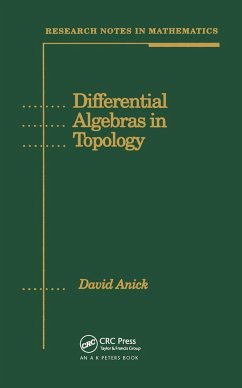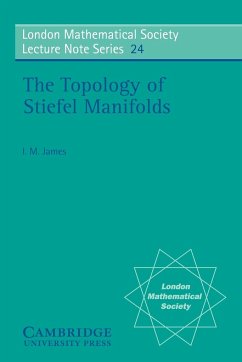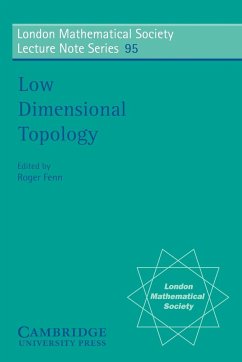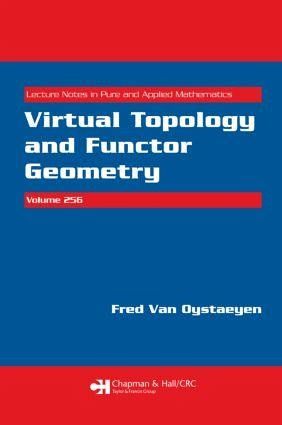
Virtual Topology and Functor Geometry

PAYBACK Punkte
85 °P sammeln!
In today's research, intrinsically noncommutative spaces are considered from the perspective of several branches of modern physics, including quantum gravity, string theory, and statistical physics. From this point of view, it seems necessary to have a concept of space and its geometry that is fundamentally noncommutative. Virtual Topology and Functor Geometry presents new ideas for the development of an intrinsically noncommutative geometry. Written in an easily accessible, colloquial style, the book provides numerous suggestions for possible projects, ranging from exercise level to research level. Topics covered include Grothendieck categorical representations and structure sheaves.
Intrinsically noncommutative spaces today are considered from the perspective of several branches of modern physics, including quantum gravity, string theory, and statistical physics. From this point of view, it is ideal to devise a concept of space and its geometry that is fundamentally noncommutative. Providing a clear introduction to noncommutative topology, Virtual Topology and Functor Geometry explores new aspects of these areas as well as more established facets of noncommutative algebra. Presenting the material in an easy, colloquial style to facilitate understanding, the book begins with an introduction to category theory, followed by a chapter on noncommutative spaces. This chapter examines noncommutative lattices, noncommutative opens, sheaf theory, the generalized Stone space, and Grothendieck topology. The author then studies Grothendieck categorical representations to formulate an abstract notion of "affine open". The final chapter proposes a dynamical version of topology and sheaf theory, providing at least one solution of the problem of sheafification independent of generalizations of topos theory. By presenting new ideas for the development of an intrinsically noncommutative geometry, this book fosters the further unification of different kinds of noncommutative geometry and the expression of observations that involve natural phenomena.





